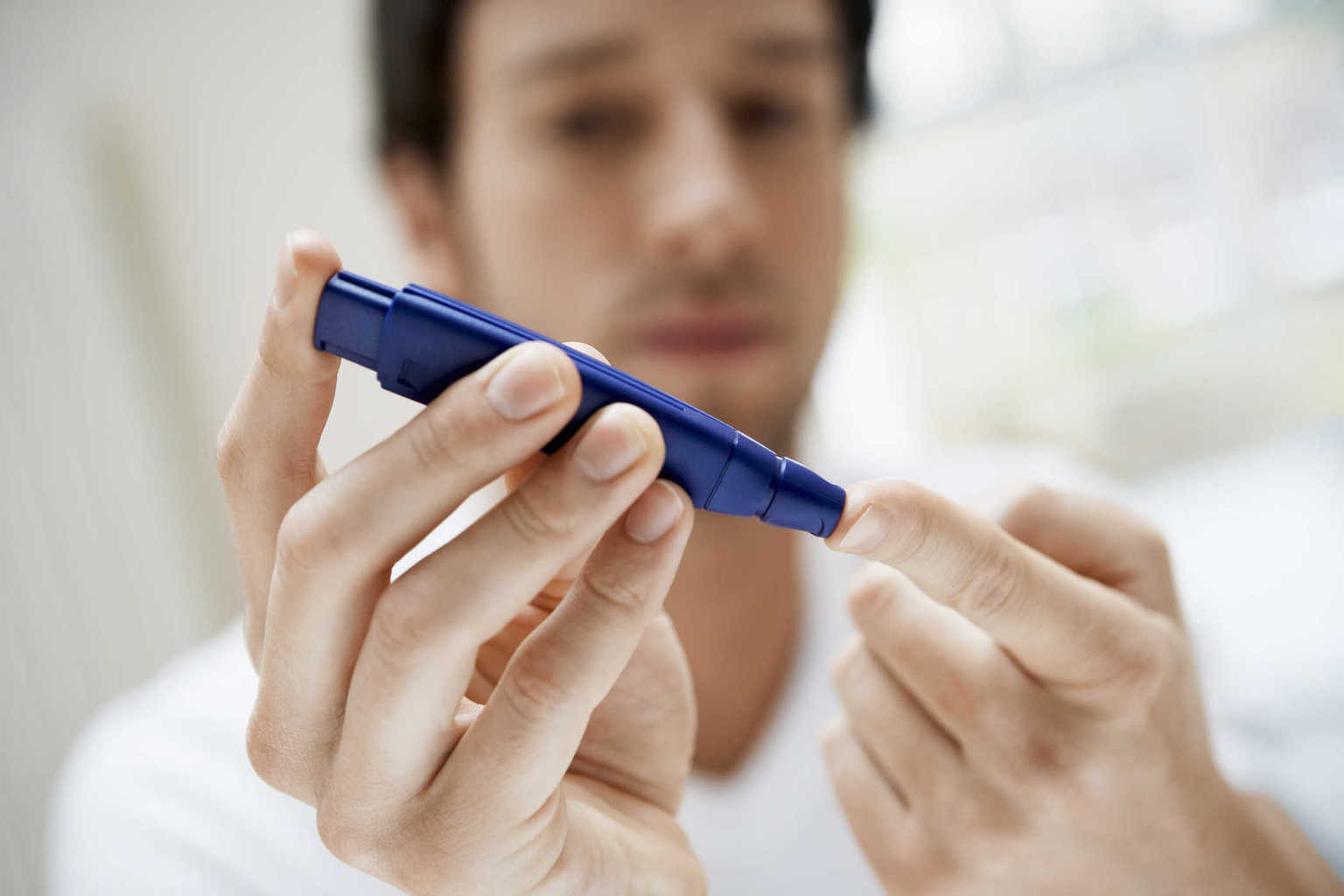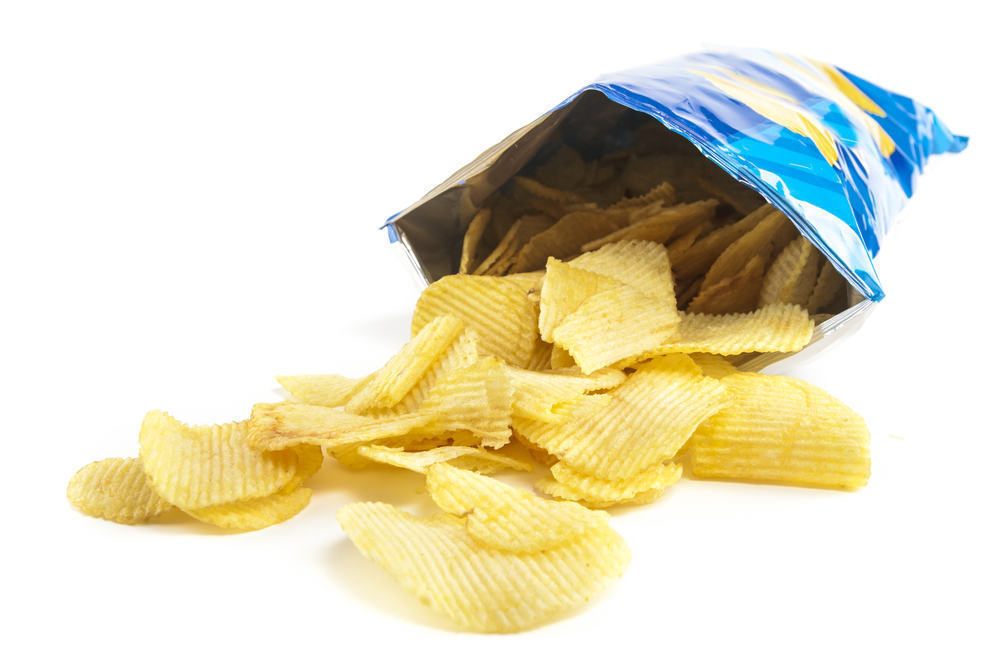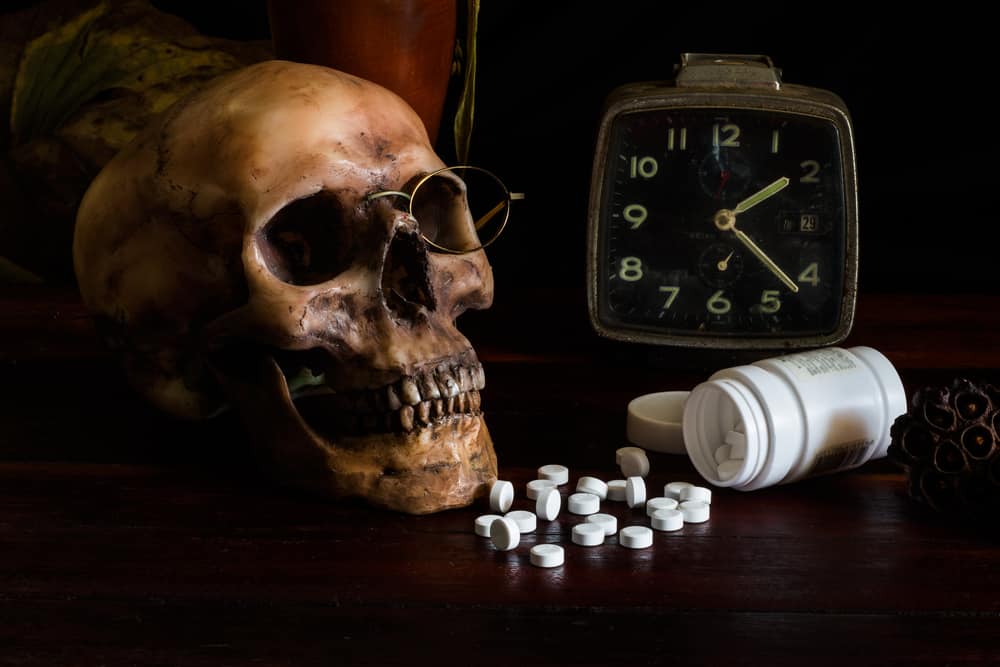Contents:
Medical Video: Causes & Treatment Of Type 2 Diabetes - Manipal Hospital
Until now no cure for diabetes has been found, but it can usually be treated and managed effectively. Some people with mild type 2 diabetes can manage their condition only with diet and exercise, and can avoid taking medication. Your doctor will consider a complete list of several factors when assessing treatment options for you. These factors include:
- Your age
- Your overall health condition
- Your medical history
- The type of diabetes you experience
- The extent of the disease
- Tolerance for certain drugs
- Past procedures or therapy
- Hope for the healing process of the disease
- Your opinion or preference
The main treatments involve diet and exercise plans, diabetes pills, and insulin or other injections.
What medications might a doctor prescribe?
Several different classes of oral medications are available to treat type 2 diabetes. Some of these drugs are effective because patients still have some ability to produce insulin in the pancreas. There are many types of diabetes pills and injections, each with a specific purpose. Some patients take several different drugs. Some of these drugs can be used in combination with an insulin regime to regulate blood glucose levels in people with type 1 diabetes.
Insulin therapy
Insulin therapy is needed in people with type 1 diabetes, because their pancreas no longer produces it naturally. In people with type 2 diabetes, insulin does not work properly in the body, or the pancreas often produces too little insulin. This can cause some patients to require insulin therapy if other types of treatment are inadequate in maintaining healthy glucose levels.
Because stomach enzymes interfere with insulin, oral ingestion of insulin is not effective in reducing blood sugar in diabetics. Insulin must be introduced directly into the bloodstream through injection. Common forms of insulin delivery include passing a syringe, an insulin pen containing cartridge insulin, or an insulin pump that continuously manages the right dose. New forms of inhaled insulin are also under development.
Not all insulin is the same. They are distinguished from each other when insulin starts working after injection, when it reaches peak effectiveness, and how long it stays in the body. For this reason, doctors may prescribe different types of insulin to use at different times, including:
- Insulin that acts fast
- Insulin that acts slowly
- Insulin which acts for a long time
- Medium choice
What can I do to manage diabetes?
Checking your blood sugar level regularly is the only way to find out whether your blood sugar levels remain within your target range or not. Factors that can affect glucose levels and cause many unwanted fluctuations including:
- Food
- Sports
- Drug
- Disease
- Alcohol
- Time
- Stressful
The more you test your blood sugar and know how your body responds to these factors, the more secure your condition will be. Paying attention to signs of low blood sugar (hypoglycemia) or high blood sugar (hyperglycemia) can also help you manage your diabetes. If you experience these symptoms, immediately check your glucose level and provide appropriate treatment.
Another way to check how effective your diabetes treatment plan works is by testing your HbA1C level. This is not only an international standard for the diagnosis of diabetes, but measures the average blood sugar level for a period of 2-3 months. The test determines whether changes need to be made to diet, insulin regimens, or other factors. The patient's A1C A target goals vary depending on age and other factors. The American Diabetes Association recommend A1C readings below 7 percent for some people, but different people may have different goals. Patients should discuss their individual HbA1C target level with their doctor.
Diet
Diet plays an important part in managing diabetes. However, there is no single diet that is suitable for everyone. People who live with diabetes, along with advice from nutritionists, must stick to nutritious foods that are low in fat and calories such as fruits, vegetables, and whole grains.
Limiting the portion of food also helps maintain healthy blood sugar levels. Balancing the proportional amount of carbohydrates, protein, sugar, and fat is the key to managing diabetes. Regular monitoring of blood sugar after meals can help you and your doctor, or nutritionist, find the food that is best for you, as well as foods that you should avoid.
Sports
Exercise helps diabetics lower their blood sugar. Physical activity not only helps maintain a healthy body weight, it also transports sugar to the cells where it turns into energy. Aerobic exercise also increases a person's sensitivity to insulin. With exercise, a person's body needs a little insulin to transport sugar. While everyone's diabetes treatment varies, doing about 30 minutes of aerobic exercise every day can help manage your diabetes. As with any part of your diabetes treatment, consult your doctor about an exercise program that suits your age and fitness level.
Hello Health Group does not provide medical advice, diagnosis or treatment.












